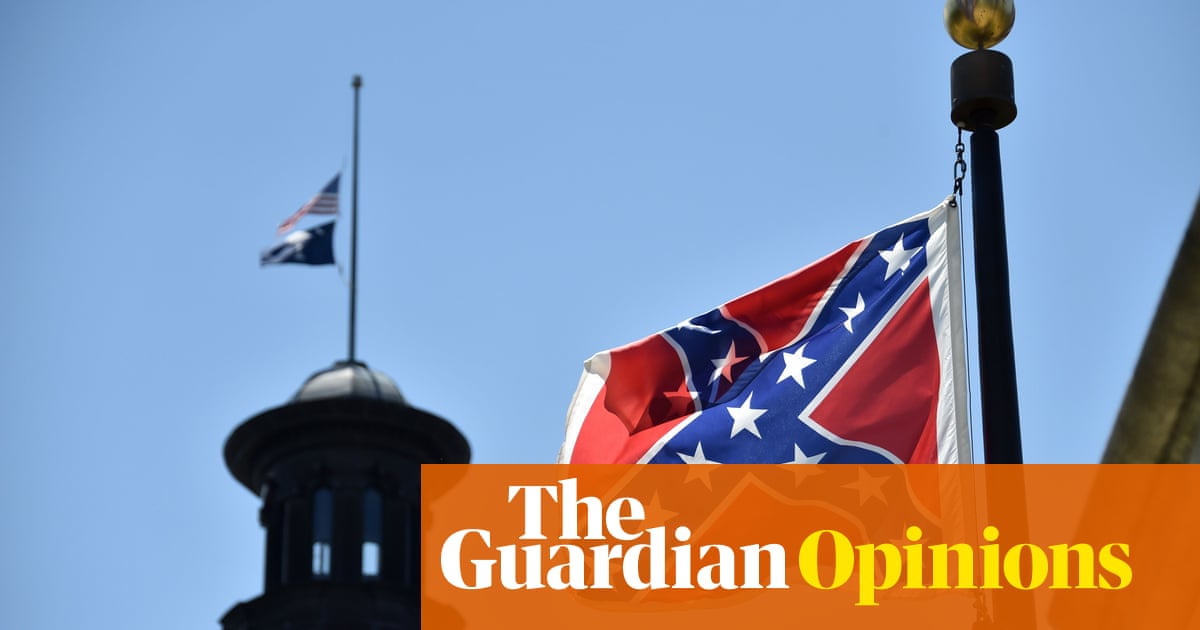Voters will decide the unresolved question of the civil war: do we move backwards, or forwards toward true democracy?
Nikki Haley’s difficulty articulating the cause of the civil war – the war that began in her home state of South Carolina – has put that issue in the headlines just days before the first votes are cast in the Republican nomination contest. While Haley was caught trying to be too clever by half in refusing to name slavery as the cause of the nation’s bloodiest conflict, the controversy has had the unintended effect of framing what is facing the country’s voters in 2024.
This year’s election is, in fact, a continuation of the unresolved question of the civil war era: will the country continue to move towards fostering a multiracial democracy, or will it aggressively reject its growing diversity and attempt to make America white again?
…
The current conundrum is important not just because of Haley, who is emerging as Trump’s strongest competitor in the Republican field, but because of what it reveals about politics in this country in general and in the Republican party in particular.
Boiled down to its essence, much of the country – and most of the Republican voters – are still fighting the cause of the civil war in ways both literal and figurative. The active and organized resistance to removing Confederate statues led a mob of white nationalists to march through the streets of Charlottesville, Virginia, in 2017 chanting “Jews will not replace us”; one Hitler-loving member of the crowd gunned his car into a group of counterprotesters, killing a woman, Heather Heyer, who had come to stand for racial tolerance and peace. That was the protest of which then president Trump observed: “There are good people on both sides.”


people of late decry how divided this country has become. but, no… this country has always been divided between those of good faith and good conscience who would treat others with fairness and equity, and those of bad faith and no conscience, who see themselves as above others and in-groups as above out-groups, and who have no interest in a fair and free democracy.
the only difference, as of late, is that the latter group no longer pretends to be part of the former group.